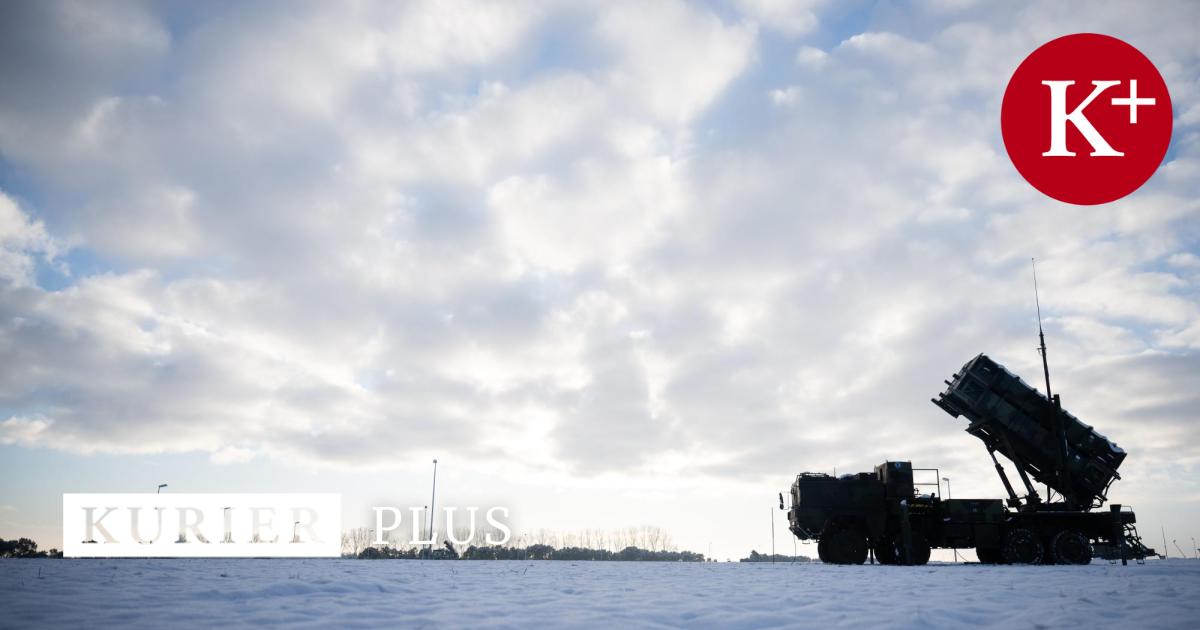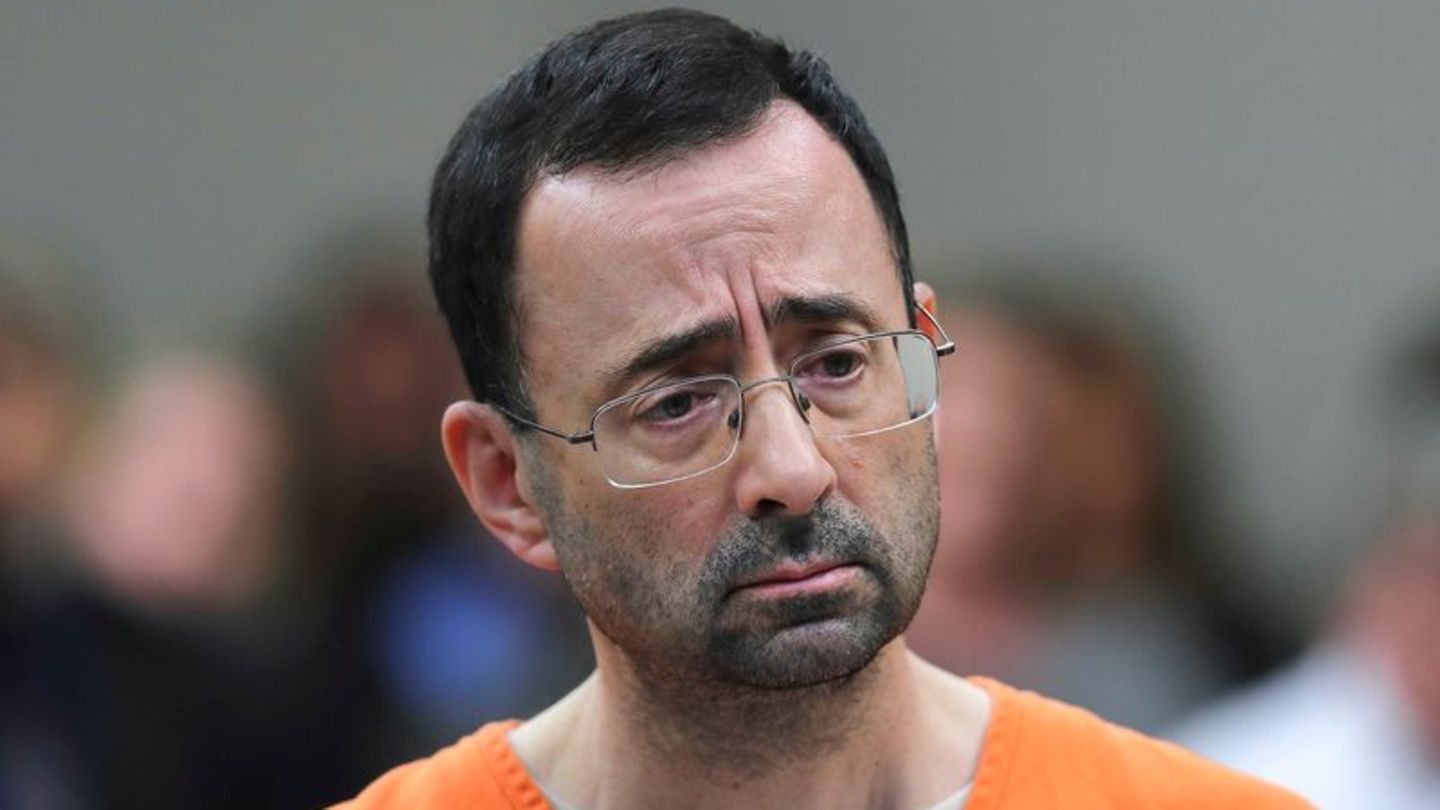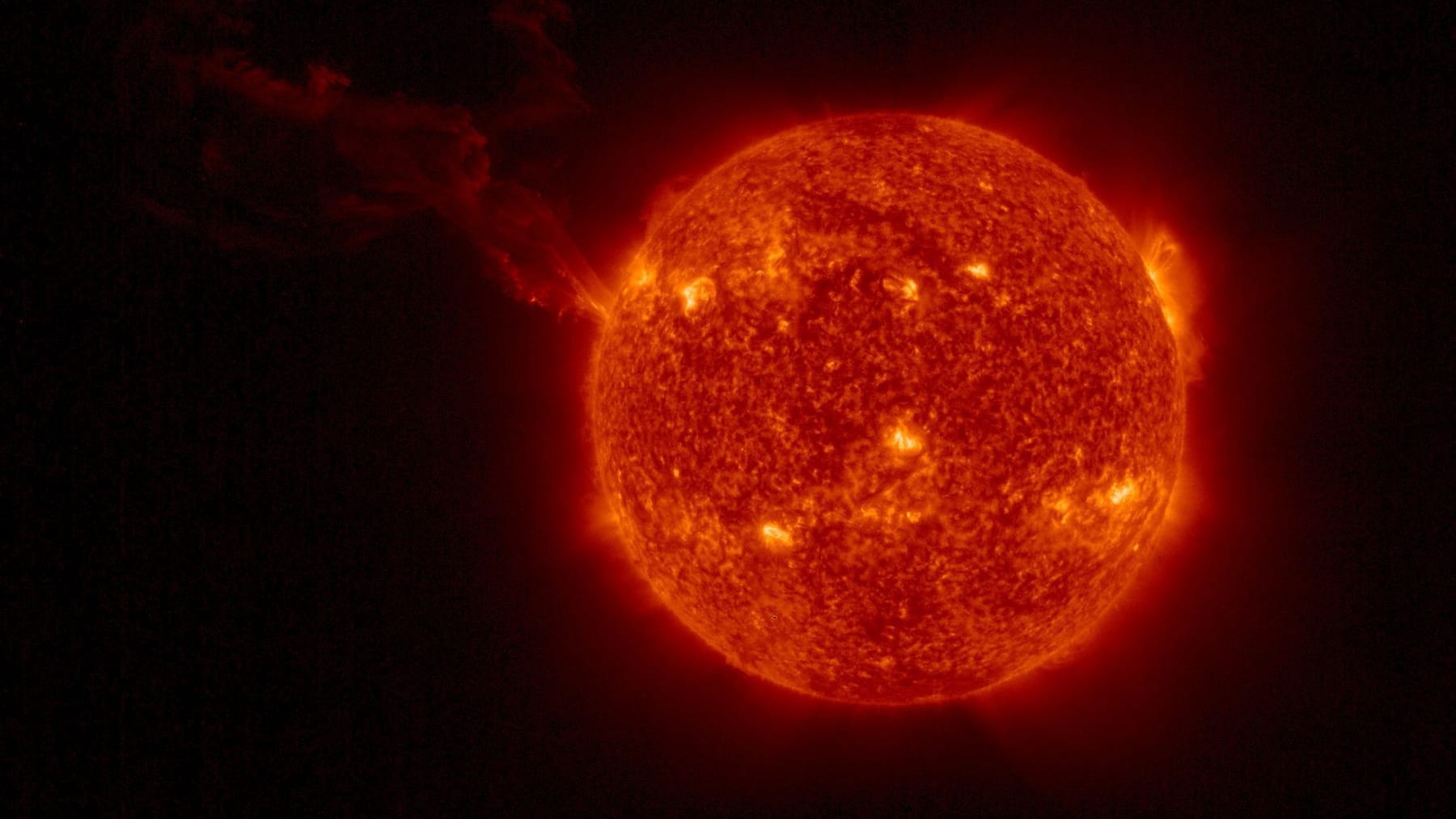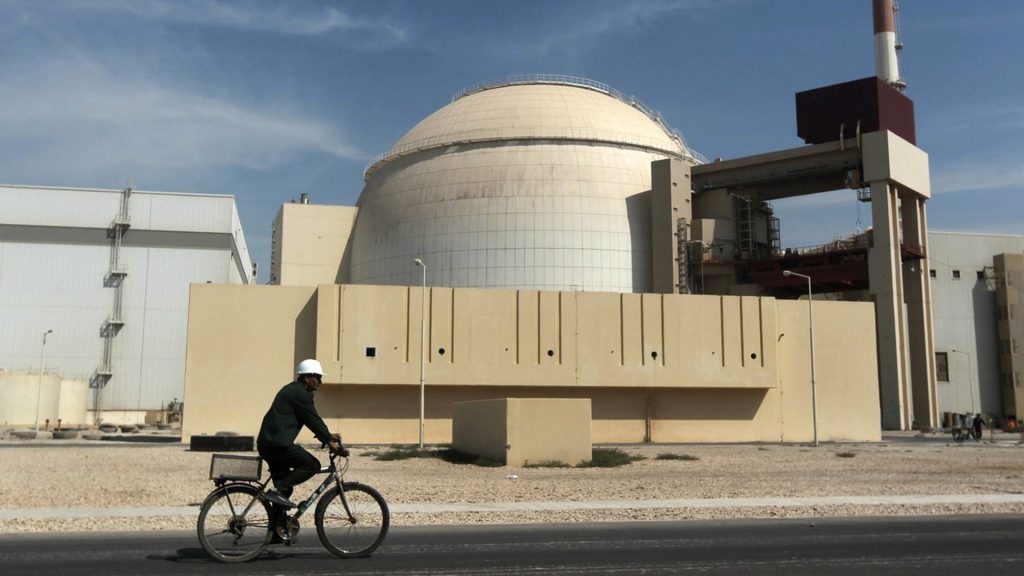Instructions
Status: 11/29/2021 5:00 AM
After a month-long hiatus, talks to salvage the nuclear deal with Iran are set to continue today. The expectations of Washington and Tehran hardly seem compatible.
What is the subject of the nuclear agreement with Iran?
The Nuclear Agreement (JCPoA) was concluded in 2015 between the veto powers of the United Nations, the USA, China, Russia, France and Great Britain as well as Germany and Iran. It should discourage Tehran from becoming a nuclear power by adhering to certain upper limits on uranium enrichment and production, compliance with which is controlled internationally. In return, sanctions on Iran should be lifted.
But as early as 2018, under then-President Donald Trump, the United States withdrew from the agreement. Since then, the Islamic Republic has not kept its promises and has gradually increased its nuclear program. In addition, the IAEA’s access to Iran’s nuclear facilities has been severely restricted, as confirmed by IAEA Director Rafael Grossi a few days ago.
How failed to return to the agreement so far?
Since the spring of 2021, shortly after US President Joe Biden took office, diplomats have been in the building blocks of negotiating the new version or continuing in Vienna. But so far neither the US nor Iran wants to take the first step: Iran demands that US sanctions be lifted first. On the other hand, the United States demands Iran to abide by the agreements in the agreement at the present time, for example regarding uranium enrichment, and would like to add some points to the treaty, such as the Iranian missile. The program that threatens Israel in particular. Observers believe this has not only been rejected by hardliners in Tehran, but has recently been steadily expanding the scope of their nuclear program – in order to increase pressure at the negotiating table.
What are the chances of him succeeding this time?
Economically, the Iranian leadership needs the deal. The country’s economy is in very bad shape, the currency is deteriorating, and inflation is rising steadily. According to official figures, 30 percent of the Iranian population lives below the poverty line.
Iran’s new president, Ebrahim Raisi, a hardliner who has been in office since August, vowed during the election campaign to change that. To do this, his government would have to export oil and trade with foreign countries. Both are only possible to a very limited extent due to US sanctions.
The United States also wants to reinstate the agreement because they are concerned about Iran’s nuclear program, over which there is little control. The same is true for the other signatories, including Germany. “We are committed to a speedy conclusion of the nuclear negotiations with Iran (the Joint Plan of Action)” says the coalition agreement for the future federal government. The precarious human rights situation was also emphasized in the coalition agreement. However, she has not yet played a role in the agreement. It is unlikely that Iran would be willing to make concessions here.
What would a settlement look like?
US Secretary of State Blinken recently announced that Vienna would focus primarily on the nuclear program and leave long-term issues such as the missile program out of the picture for the time being. In return, Tehran will have to take significant steps back to its commitments – and above all, allow the IAEA to regain control of all factories. Above all, European diplomats and politicians see the agreement as a way to put more pressure on the leadership in Tehran in the future – particularly when it comes to human rights, political prisoners, and security issues in the region.
What do the Iranians think of the nuclear deal?
When the treaty was signed in the summer of 2015, there were dances of joy on the streets of Tehran: many Iranians suddenly saw an opportunity at their fingertips to break their country out of its international isolation. Today, many Iranians are disillusioned with everything in the agreement and angry at international politics — but more so about their leadership, which is not working for the people, many say.
For economic reasons, many people want to return to the agreement because they associate it with improving their situation. But there are also Iranians who hope that an agreement will not be reached, because they fear that it will also lead to the strengthening of the regime.

“Food practitioner. Bacon guru. Infuriatingly humble zombie enthusiast. Total student.”







More Stories
Why is Austria now spending billions on missile defense?
For fruit growers, the waiting and trembling continues
Biden promises Zelensky quick support – Politics –